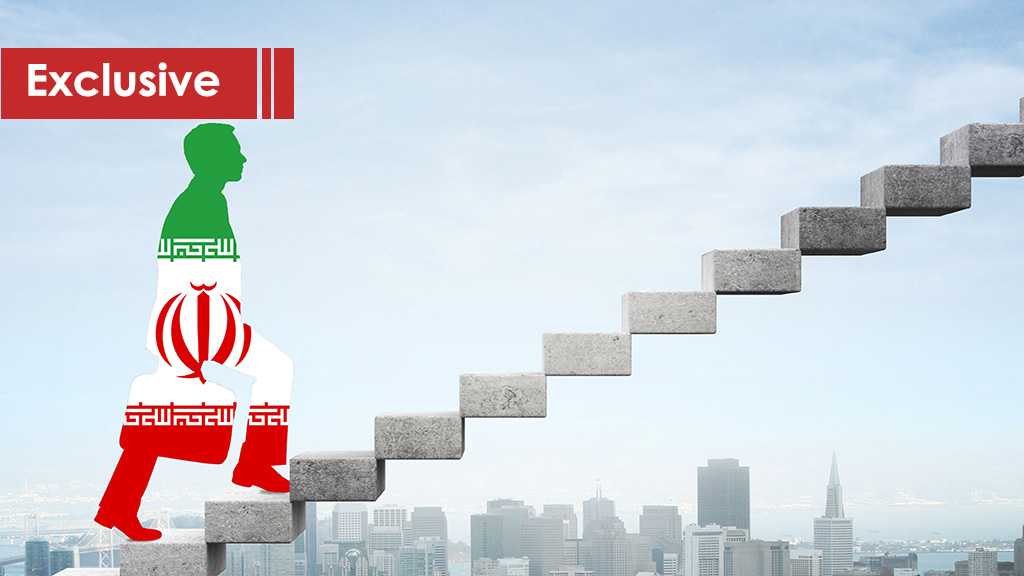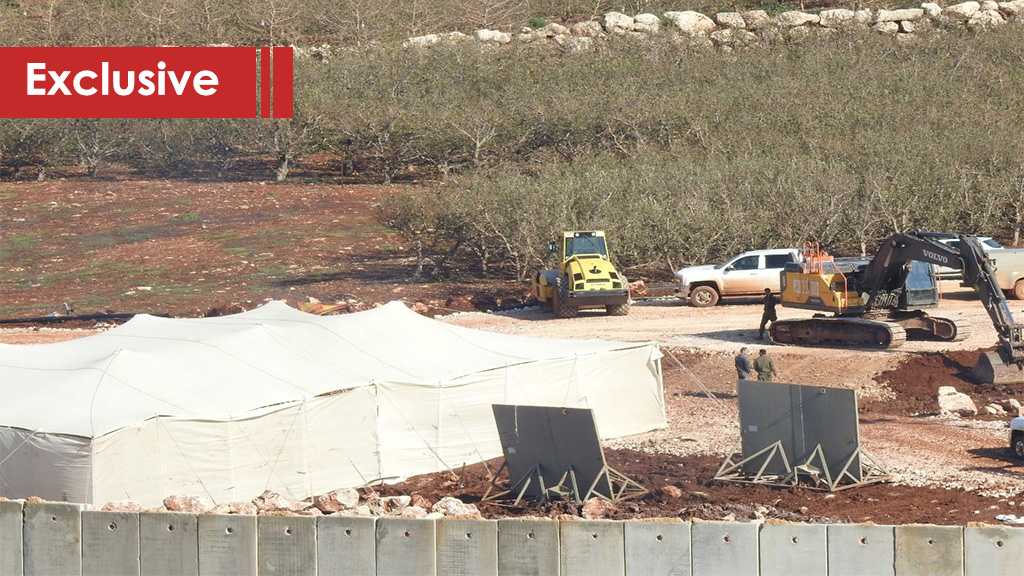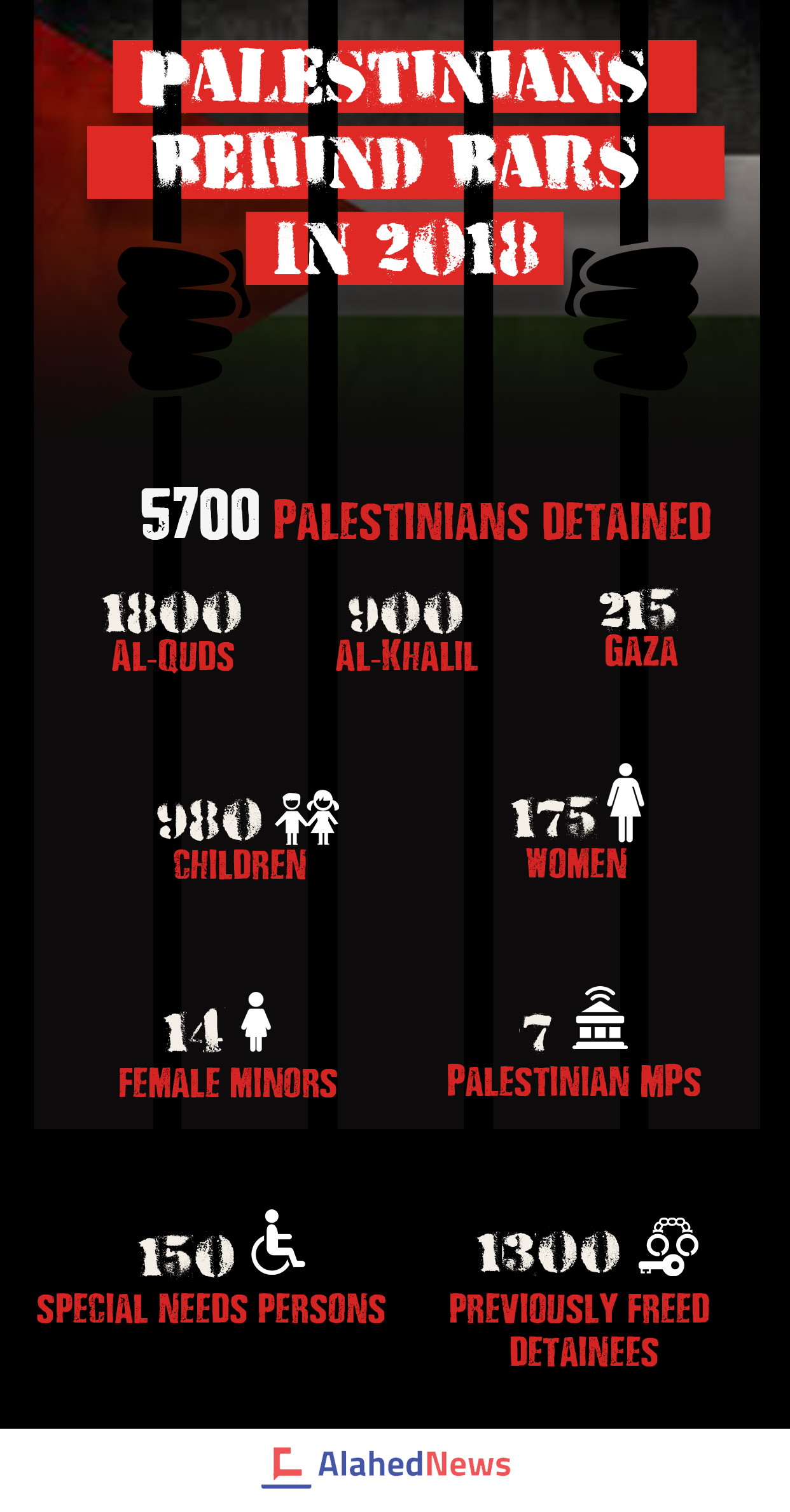December 28, 2018
The genesis of the yellow vests
Back to French presidential election in 2002, second round, Chirac won against Le Pen (father) 82% vs 18%, same scenario in 2017, second round, Macron won against Le Pen (daughter) 55% versus 34%
Just after the presidential election comes the choice for the legislative assembly. In 2002, after Chirac’s victory, his political party, UMP, won 356 seats (62%), while Le Pen’s (father) party (Front National) got nothing, not a single representative. In 2017, after Macron’s success, his totally new party, out of thin air, LREM, who did not even exist in previous elections, won 308 seats (53%) and Le Pen’s (daughter) party won 8 seats (1,3%).
So in the first round of 2002, with 20% of voters in the presidential election, Chirac’s party obtained 62% of the parliament, while Le Pen, with 17% of the voters was not represented.
The same outcome occurred in 2017. Macron with 24% of voters in the first round obtained 53% of the parliament, while Le Pen, with 21% had only 1.3% representatives for his party in parliament.
Basically, in France, one citizen in three has no political existence.
These people are now in the street with a massive support of the rest of the population.
Why this brand “yellow vest” ?
This vest is worn by working class people acting in a dangerous environment. The yellow color makes the person more visible, you can interpret this fact in a symbolic way, meaning politically visible.
Formerly, that sort of vest was used by servants in the upper class.
On december 3, the french media Le Figaro published an article entitled
The Yellow vest movement is a reaction against such an historical regression
Who are these people
The chronology of the “acts” and the political evolution of the movement
Two hundred years ago the yellow vests’ ancestors went as far as beheading their own king. Since then, France is well known for being a country of strikes and demonstrations, often unfruitful.

But this one seems to be « the right one », the one that will bring effective changes. This movement seems to have reached a level of maturity lacking in previous events. Today, every age is affected, from students to retired people, every class, from unemployed to small businessmen. We can observe much more women participating too. The movement started, as usual, with financial claims but soon turned to political claims, demanding more political decision-making power to be given to the population through the use of extensive referendums. Another characteristic of this movement is that it is genuinely popular, not partisan, and refuses to have any political party officially join it, showing its full distrust in all the traditional political apparatus. It does not want leaders and just allows some “porte paroles” to speak in its name.

Therefore, every Saturday to allow the employed to participate, the French wear their yellow vest – the one they are obliged to keep in their car and use in case of breakdowns – and gather in city streets, on highways tolls, on countryside “ronds-points” [crossroads]. They are not only gathering in Paris, as mainstream medias would like to make their readers believe, but in every major city or town, all around France and particularly in remote parts of the country where the government is closing schools, hospitals and public services because they are unable to make profit on it, as if they were built on tax payer’s money to make short term profit and not to educate and tend to the population in the long term.
The French are in the streets to show that they are fed up with the present system, whose dire results have been apparent since the 80’s. The short “Macron démission” slogan [Macron resign] has to be understood as a sign of a population fed up of politicians who make new promises every election that are not only broken, but instead the exact opposite is implemented, anti-social laws voted quietly at night, international accords signed without popular consultation, etc. One example among many others: during his election campaign Macron promised not to touch pensions but one of his first decisions has been to raise taxes for the retired. He must have thought that the elderly does not join protests, but actually…


Although the French government, and the mainstream medias, have done all it takes to lessen the movement, we are now at « act 5 » of the movement, meaning the 5th Saturday of the Yellow vests’ protests and the momentum is still strong. The first Saturday the government did not expect such a wide protest, especially its spread throughout the country where the local media genuinely reported about it. The government mistakenly ignored the success of the protest thinking that it will, as the previous ones have, quickly fade. The 2nd act brought more people to the streets – numbers ran from 106.301 following the government’s so precise estimate to 500.000 – but then the police and the media were more prepared and made a show by blocking the protesters on the Champs Elysées, in front of the cameras, pushing them to the brink of violence, displaying on TV how the so called “pacific protesters” are in fact just a bunch of thugs acting for themselves and not for the sake of the nation. But, in their strategy, they forgot that smartphones can record the police mischiefs, making them viral on social media, as it showed that the violence came from the police and the government, and not from the protesters. After the 2nd act, 70% of the population continued to support the movement.

For the 3rd and 4th acts, the government decided to change its strategy by trying to forbid the protesters to reach the gathering points. Over a thousand individuals arrested, multiple subway lines closed, protesters wanting to reach Paris forbidden to access the train or blocked on the roads, the protesters in the capital city split into small groups by the police and forbidden to reach their destination. The media took this opportunity to talk about a lack of dynamic in the movement, a decline in protestors due to the population starting to get tired about it. Then Macron gave a speech that could be compared to one of a drama student imitating compassion. He promises to raise the minimum wage by 100 euros. “This is for you, poor guys, poor single mothers, and now go back home”. Two days later, a “lone wolf terrorist” launched a mass shooting in the middle of a popular Christmas market killing 2 people and injuring several others. Immediately the media titled: “The yellow vests give great opportunities to terrorists”. Too bad for the movement’s popularity.

For the 5th act, it seems like the things are steadying. The government is still doing its best to downsize the number of participants. Medias are doing their best to demonize it but still prefer to avoid speaking about the matter. Even the social media seem to have quiet down about the subject (algorithmic censorship?). There was less violence. The prime minister publicly recognized the governments mistakes and promised to hold a national discussion about the political aspects of the claims, especially the “Référendum d’Initiative Citoyenne” [Referendum hold on request of the citizens], the central political claim that could give power back to the citizens. Christmas and the New Year are nearing and we can expect a kind of pause, or at least a decline during that period, in order to spend the holidays among family. As soon as January starts, the government will have to show its seriousness about political talks. If it is not the case, you can expect a stronger yellow vests insurgency.

Conclusion
IMO, the movement has already resulted in several benefits:
- The government has understood that it cannot take the population for a fool anymore, a bad habit that was really visible with Macron’s attitude and even more with the way he managed the first three weeks of the movement.
- The French have regained confidence in their power as a population and will not hesitate to use it again
- The RIC, the Référendum d’Initiative Citoyenne. That long promised but never voted system that could give back big shares of sovereignty to the population thanks to referendums that can dismiss unpopular government or ministers, cancel laws that are considered not good for the nation, or change details of the constitution.
The ball is now in the government’s court. Let’s see how it will react in January.
Le Saker Francophone

 Uprooted Palestinian
Uprooted Palestinian 
 Uprooted Palestinian
Uprooted Palestinian 
 Uprooted Palestinian
Uprooted Palestinian 
 Uprooted Palestinian
Uprooted Palestinian 









 Uprooted Palestinian
Uprooted Palestinian  Uprooted Palestinian
Uprooted Palestinian